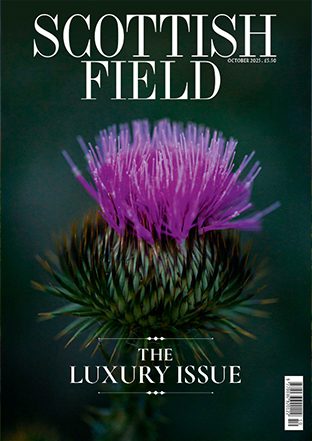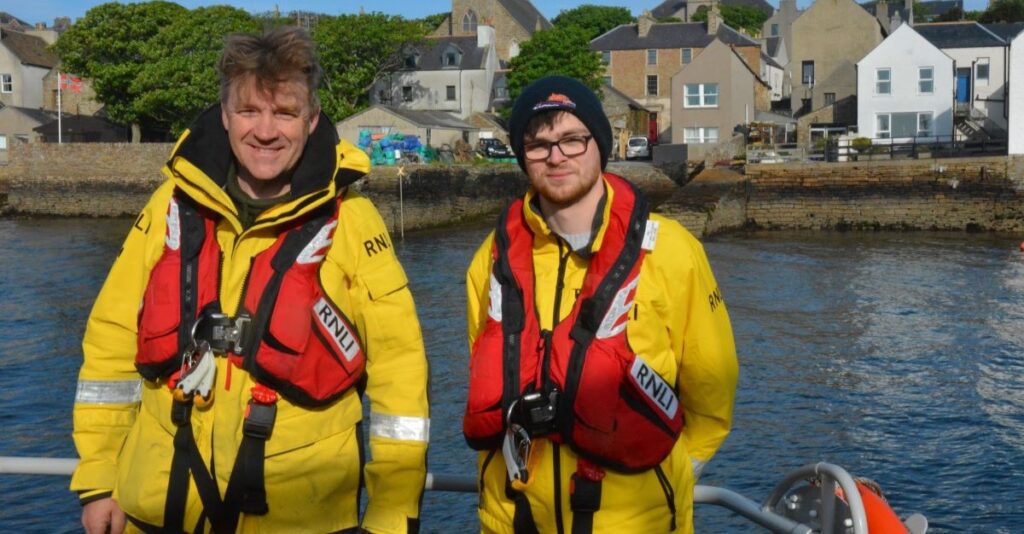
Life with the RNLI: ‘It’s always been part of my family, now I am on the crew with my dad’
For the Burgon family saving lives at sea is in their DNA. For more than 140 years, generations of their family have volunteered for the RNLI.
It began with fisherman Peter Burgon who served on the crew of the Berwick lifeboat, and for a time at Eyemouth lifeboat, from 1876. His son William followed in his footsteps, becoming coxswain of Berwick lifeboat from 1899.
So for 22-year-old year old Lewis Burgon joining the RNLI felt natural. He grew up hearing how his grandfather, William Burgon, was a coxswain at Queensferry Lifeboat before moving to Orkney in the 1970s to become a skipper, and later watched his father James (William’s son) volunteer with Stromness RNLI.
Now a merchant seaman from Stromness, Lewis joined his dad on the crew last year, following in the footsteps of many before him.
Lewis Burgon
I’ve been volunteering with the RNLI for just over a year now and it feels very natural given my family connections, we are a seagoing family. I have grown up with it, it’s always been in my life. I grew up watching the exercises and demonstrations and thought ‘I want to do that when I’m older.’
Being on the crew with dad can be nerve wracking, we don’t always agree on everything. But it’s fun and handy. He has so much experience, if I am not sure about anything I can always ask him. If we’ve both been at training we can talk about it afterwards and can bounce things off each other, it’s a nice feeling.
When the pager goes off I’m usually off shift, asleep in bed, so I get the fright of my life. I jump out of bed, fire on clothes, and then head down to the station as fast as I can. The adrenaline kicks in by then. You start to wonder what the pager is going off for. Sometimes when we’re heading out on the boat, we still don’t know what we’re going to, but I love being out on the water, it’s exciting to me.
We have to be prepared for anything. We train every ten days and we cover a lot of different scenarios. The Old Man of Hoy in Stromness attracts a lot of climbers so we practise training exercises specifically for that.
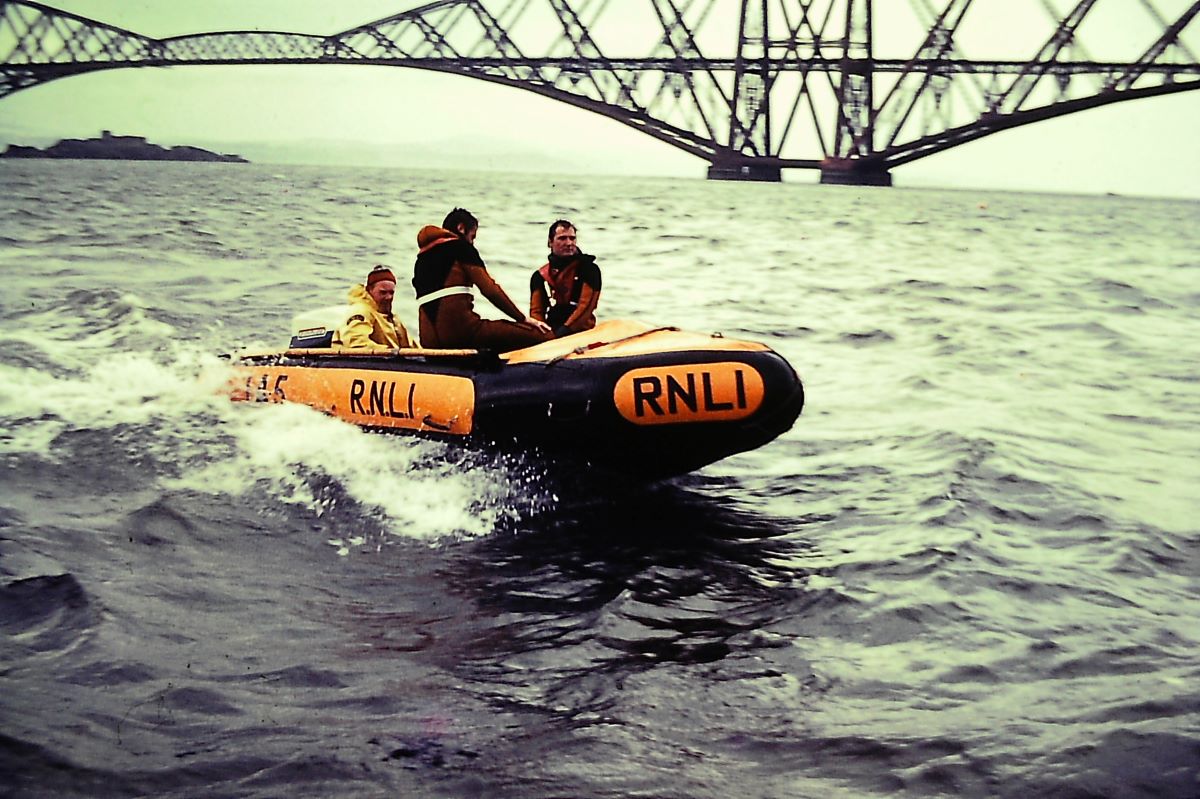
William Burgon on the crew at Queensferry while on exercise in 1970.
One of the best bits of volunteering is the community aspect of the RNLI. I love hosting our Open Days, speaking to people about what we do, letting them try the gear on, it’s probably one of the bits I enjoy the most.
The weather is the most difficult part of the job. It’s tricky training in rough conditions and being exposed out on the boat, it’s hard to practise with dummies while you are being chucked around in the waves.
One call out has stuck with me. We had been searching for four days for a missing diver when we got a call to say someone thought they had spotted him. We got everything ready and headed out and searched for about an hour. But when we got there it was just a tangle of buoys, it was really frustrating because we wanted to find him so badly. Thankfully he was rescued by the Navy, but it was one of the most difficult shouts I have been out on.
When we get back to the station after a call out we try to chill a bit, sit together and talk about what’s just happened. It’s a nice moment to calm down after all the adrenaline.
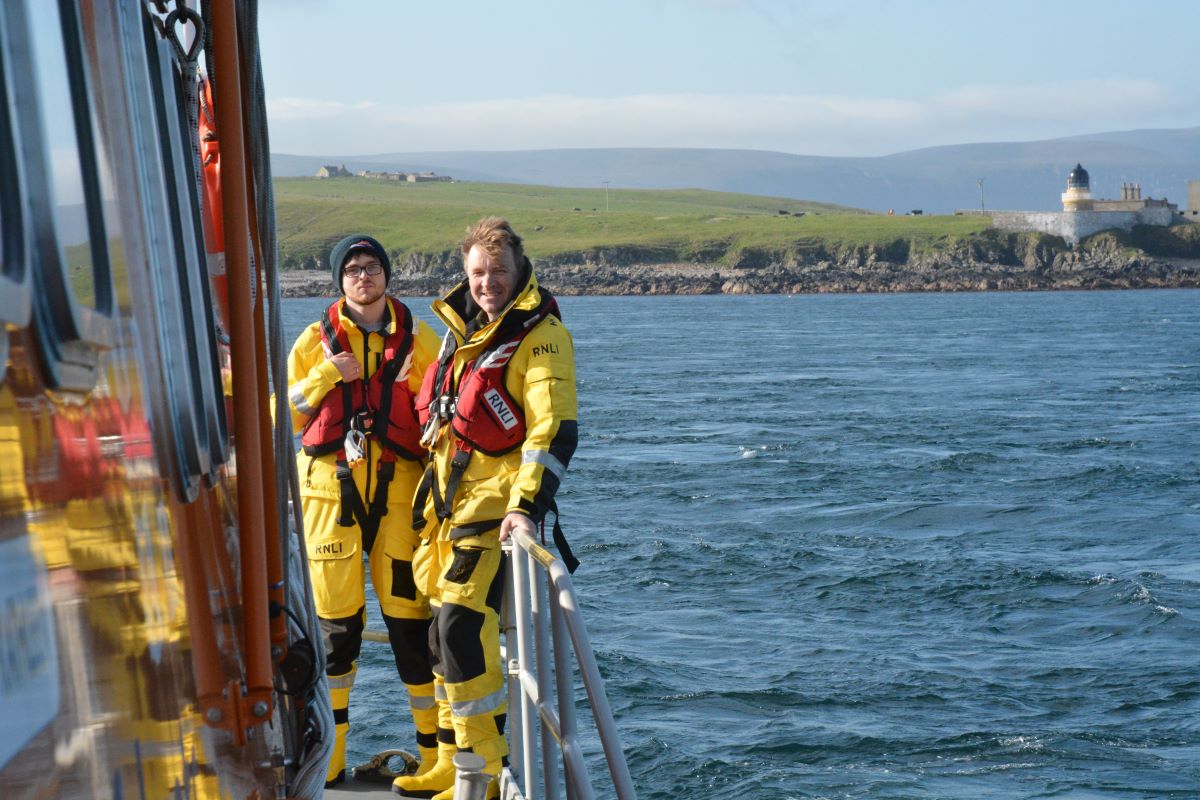
James and Lewis Burgon on Stromness RNLI Lifeboat. Credit: Richard Clubley.
James Burgon
I was interested in joining the Stromness boat in my twenties but lived and worked in parts of Orkney that made it unrealistic. But in 2012 I started work at the local maritime college about 100 yards from where the Stromness lifeboat is berthed. The Lifeboat Operations Manager at that time asked me if I would become a Deputy Launch Authority. I was delighted to get involved and very quickly transferred onto the crew while still relatively young and fit.
Knowing a bit about my family’s connections with the RNLI, it felt very familiar, and I already knew most of the crew from growing up in Stromness. My Dad, who had been a coxswain on the South Queensferry lifeboat, passed away in 2022, but not before my son Lewis had started the process of joining the Stromness RNLI lifeboat. He was so proud of Lewis and the continuation of the lifeboat family connection which goes back a long way. I have complete faith in the crew to train and encourage Lewis and it has been very special for me to see him get involved.
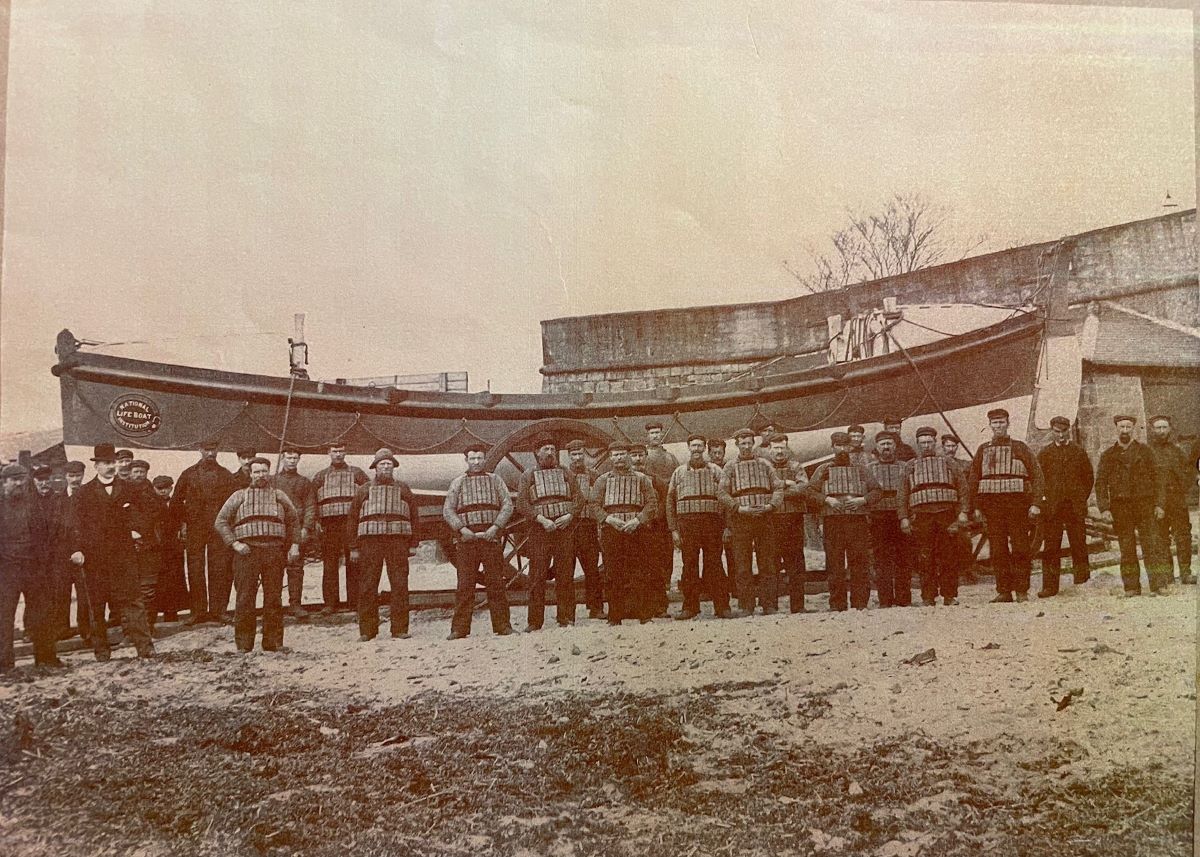
Berwick lifeboat around 1900.
The adrenaline when the pager goes off is incredible and it is very reassuring to know that whichever member of our volunteer crew turns out for the shout, each one of them are people you can trust and depend on if things get tricky. It is vital for us to have regular training exercises to ensure we’re ready and prepared for any type of shout and help save lives at sea. The learning never stops.
Yes it’s exciting being out on the water, but you also feel nervous because we don’t know what we’re responding to, whether it’ll be a quick, straightforward rescue or a difficult tasking. You just don’t know until you’re there, so it can be quite nerve-racking.
It’s nice to give back to the local community where I live. You want to do well, and be on top form, not letting folk down. Dealing with that pressure is probably one of the more difficult aspects but the support from crew and everyone, helps with that.
No matter how long or short the call out is, the time after coming back and refuelling is so important – talking together, chilling and debriefing.
Read more News stories here.
Subscribe to read the latest issue of Scottish Field.
TAGS

